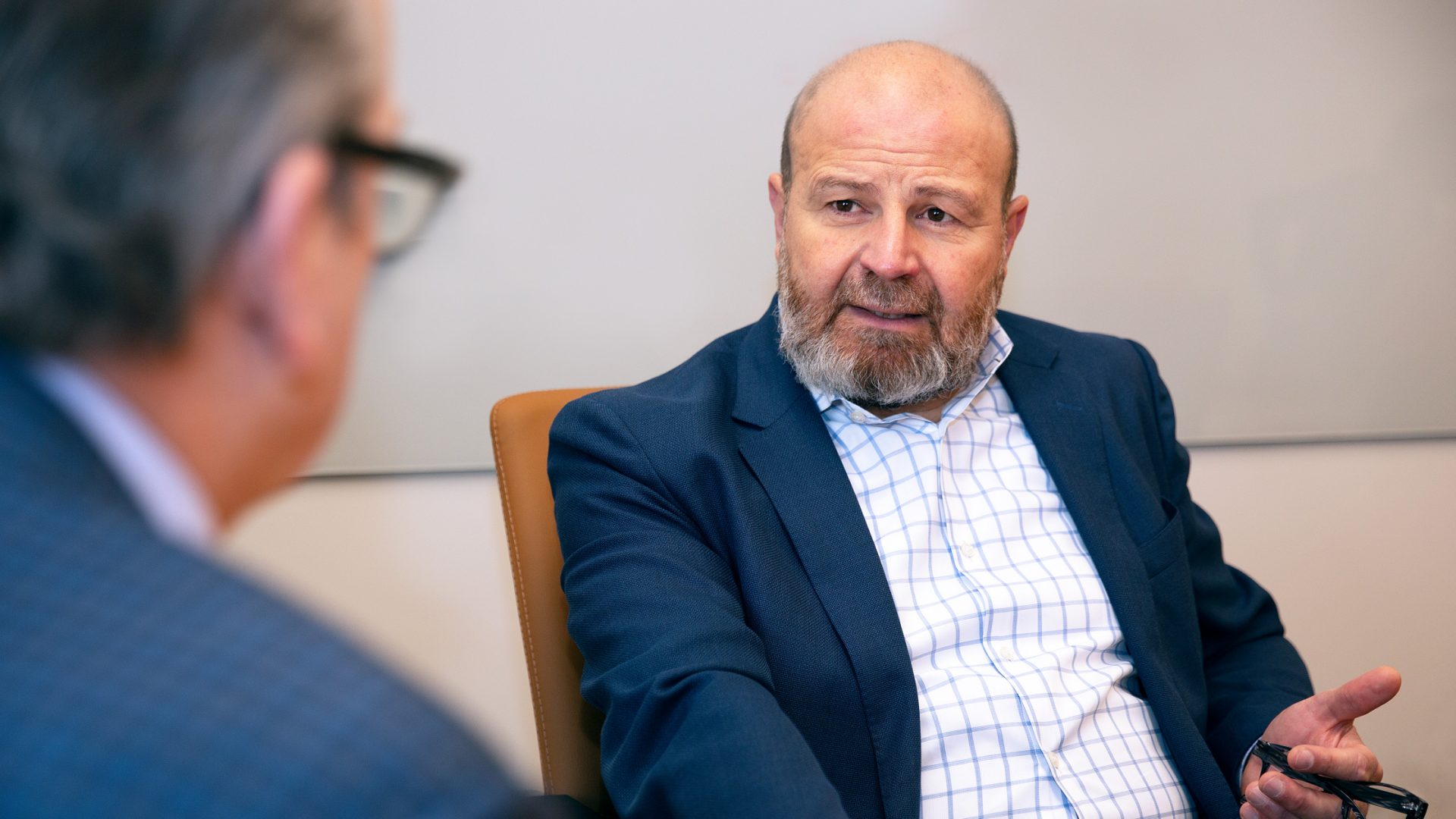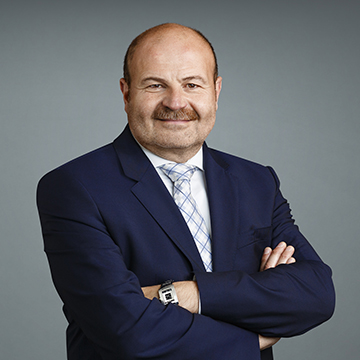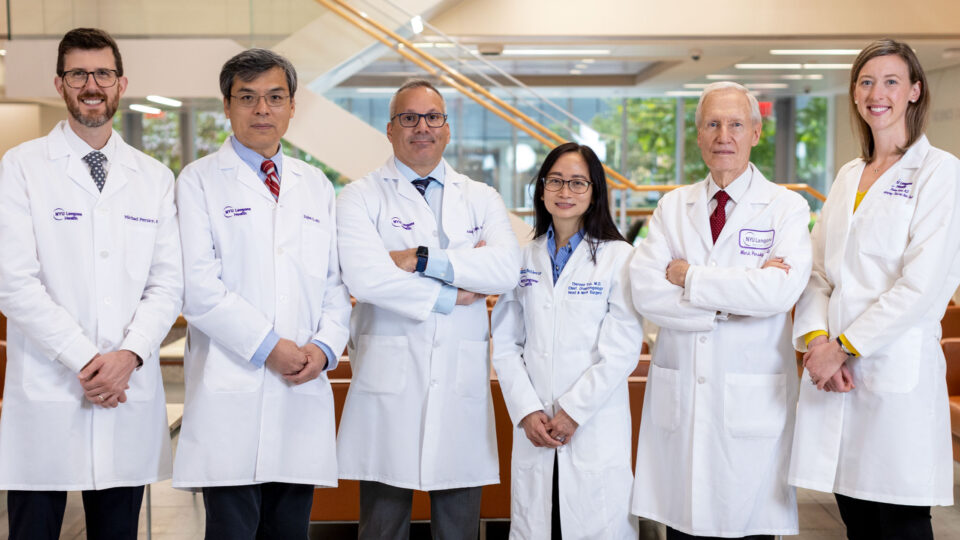Several new trials of novel drug combinations are underway aimed at preventing graft-versus-host disease (GvHD) after allogeneic transplant.
“With the current GvHD prevention regimen, GvHD still occurs in its acute or chronic forms in at least 50 and 30 percent of patients, respectively,” says Samer Al-Homsi, MD, executive director of the Bone Marrow Transplant Center, who is leading the studies.
“The goal is to develop innovative strategies for GvHD prevention to improve the results of mismatched unrelated and haploidentical donor transplants and increase the wide applicability of these regimens,” Dr. Al-Homsi says.
Abatacept in Combination
The drug abatacept has conventionally been used to treat some forms of arthritis, but has also shown to lower incidence of GvHD in fully- and near-matched donor allogeneic hematopoietic stem cell transplantation (HSCT) when administered in combination with methotrexate and tacrolimus. As a result, abatacept received accelerated approval from the U.S. Food and Drug Administration (FDA) for the prevention of GvHD.
In a new clinical trial, Dr. Al-Homsi and his team are examining whether the combination of cyclophosphamide, abatacept, and short-duration tacrolimus is safe and effective for GvHD prophylaxis following haploidentical transplantation.
“We believe that the enhanced efficacy of the abatacept-containing regimen will also allow us to shorten the duration of tacrolimus, an immunosuppressant, thus allowing faster recovery of the immune system following allogeneic transplantation,” Al-Homsi says.
The researchers are currently enrolling adults with hematological malignancies undergoing allogeneic HSCT from a first- or second-degree haploidentical donor.
Additional Combinations
Dr. Al-Homsi and his team are leading another phase II clinical trial examining the combination of cyclophosphamide and bortezomib (a proteasome inhibitor).
While both drugs are FDA approved for other indications, the researchers hypothesize the novel combo may act synergistically to inhibit the development of GvHD in patients with various blood cancers.
The clinical trial team is currently enrolling adults with hematological malignancies undergoing allogeneic HSCT from a matched-related or unrelated donor.
“If we can transplant safely without GvHD, we could complete solid organ transplantation and blood transplant at the same time, sparing patients life-long immunosuppression.”
Samer Al-Homsi, MD
Furthering Progress in Transplantation
Looking ahead, these and other combinations may eliminate the need for traditional prophylactic drugs and are particularly useful for those with impaired kidney function, a patient population not commonly offered transplantation, Dr. Al-Homsi says.
“Preventing GvHD has important implications for solid organ transplantation as well. If we can transplant safely without GvHD, we could complete solid organ transplantation and blood transplant at the same time, sparing patients life-long immunosuppression.”






